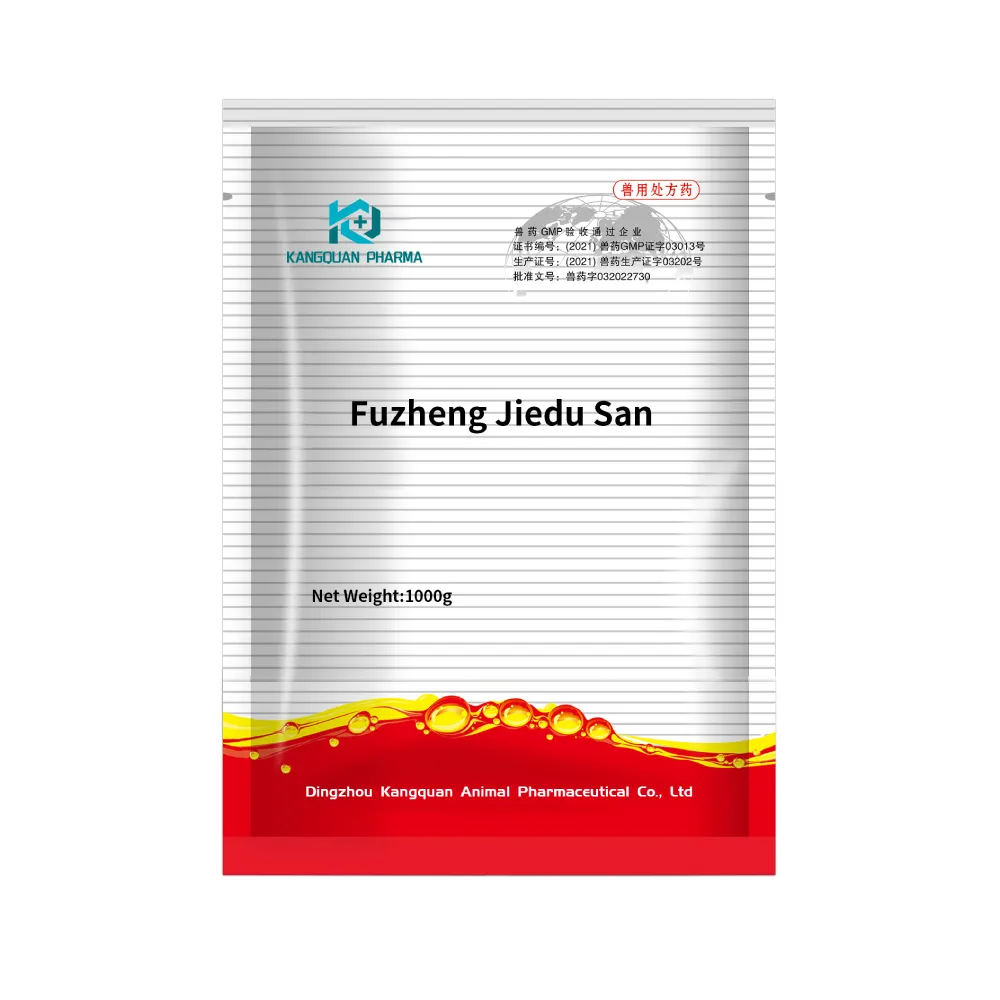- Afrikaans
- Albanian
- Amharic
- Arabic
- Armenian
- Azerbaijani
- Basque
- Belarusian
- Bengali
- Bosnian
- Bulgarian
- Catalan
- Cebuano
- Corsican
- Croatian
- Czech
- Danish
- Dutch
- English
- Esperanto
- Estonian
- Finnish
- French
- Frisian
- Galician
- Georgian
- German
- Greek
- Gujarati
- Haitian Creole
- hausa
- hawaiian
- Hebrew
- Hindi
- Miao
- Hungarian
- Icelandic
- igbo
- Indonesian
- irish
- Italian
- Japanese
- Javanese
- Kannada
- kazakh
- Khmer
- Rwandese
- Korean
- Kurdish
- Kyrgyz
- Lao
- Latin
- Latvian
- Lithuanian
- Luxembourgish
- Macedonian
- Malgashi
- Malay
- Malayalam
- Maltese
- Maori
- Marathi
- Mongolian
- Myanmar
- Nepali
- Norwegian
- Norwegian
- Occitan
- Pashto
- Persian
- Polish
- Portuguese
- Punjabi
- Romanian
- Russian
- Samoan
- Scottish Gaelic
- Serbian
- Sesotho
- Shona
- Sindhi
- Sinhala
- Slovak
- Slovenian
- Somali
- Spanish
- Sundanese
- Swahili
- Swedish
- Tagalog
- Tajik
- Tamil
- Tatar
- Telugu
- Thai
- Turkish
- Turkmen
- Ukrainian
- Urdu
- Uighur
- Uzbek
- Vietnamese
- Welsh
- Bantu
- Yiddish
- Yoruba
- Zulu
10 月 . 06, 2024 10:39 Back to list
what drugs are used to treat intestinal parasites
Understanding Drugs Used to Treat Intestinal Parasites
Intestinal parasites are organisms that reside in the gastrointestinal tract of humans and animals, leading to various health issues. These parasites can include protozoa, such as Giardia and Entamoeba histolytica, and helminths, including roundworms, tapeworms, and flukes. Treatment is crucial to alleviate symptoms and prevent complications. Commonly used pharmacological agents target these parasites, and understanding these drugs can help in managing infections effectively.
One of the primary classes of medications used to treat intestinal parasites is anthelmintics. These drugs are specifically designed to combat helminth infections. Some of the most widely used anthelmintics include Mebendazole and Albendazole. Mebendazole works by inhibiting the synthesis of microtubules in the parasitic cells, effectively preventing their absorption of glucose, which is essential for their survival. Albendazole has a similar mechanism and is often used to treat multiple types of worm infections, including those caused by pinworms, whipworms, and roundworms.
Another important drug is Ivermectin, which is primarily used to treat infections caused by certain parasitic worms and ectoparasites. Ivermectin works by enhancing the permeability of the cell membranes of the parasites and causing paralysis, ultimately leading to their death. It is particularly effective against Strongyloides stercoralis and various types of filarial worms.
what drugs are used to treat intestinal parasites

For protozoan infections, Metronidazole is one of the most commonly prescribed medications. This antibiotic is effective against Giardiasis and can also treat some cases of Amoebic dysentery. Metronidazole disrupts the DNA synthesis of the parasites, inhibiting their growth and replication. Another effective drug for protozoan infections is Tinidazole, which serves a similar purpose but often has fewer side effects and a shorter treatment duration.
In severe cases or when resistant infections occur, combination therapies may be employed. For example, treating giardiasis may involve using Metronidazole alongside other supportive medications to address symptoms.
Moreover, preventative measures can significantly reduce the occurrence of intestinal parasitic infections. Practicing good hygiene, such as washing hands regularly and ensuring food and water safety, is essential. In some cases, mass drug administration has been implemented in endemic areas to control and prevent intestinal worm infections.
In conclusion, various drugs are available to effectively treat intestinal parasites. The choice of medication depends on the type of parasite, severity of the infection, and patient factors. With the appropriate use of anthelmintics and anti-protozoal agents, it is possible to successfully combat intestinal parasitic infections and improve overall health. Awareness and ongoing education about these treatments are vital in public health strategies aimed at reducing the prevalence of these infections worldwide.
-
The Power of Radix Isatidis Extract for Your Health and Wellness
NewsOct.29,2024
-
Neomycin Sulfate Soluble Powder: A Versatile Solution for Pet Health
NewsOct.29,2024
-
Lincomycin Hydrochloride Soluble Powder – The Essential Solution
NewsOct.29,2024
-
Garamycin Gentamicin Sulfate for Effective Infection Control
NewsOct.29,2024
-
Doxycycline Hyclate Soluble Powder: Your Antibiotic Needs
NewsOct.29,2024
-
Tilmicosin Premix: The Ultimate Solution for Poultry Health
NewsOct.29,2024













